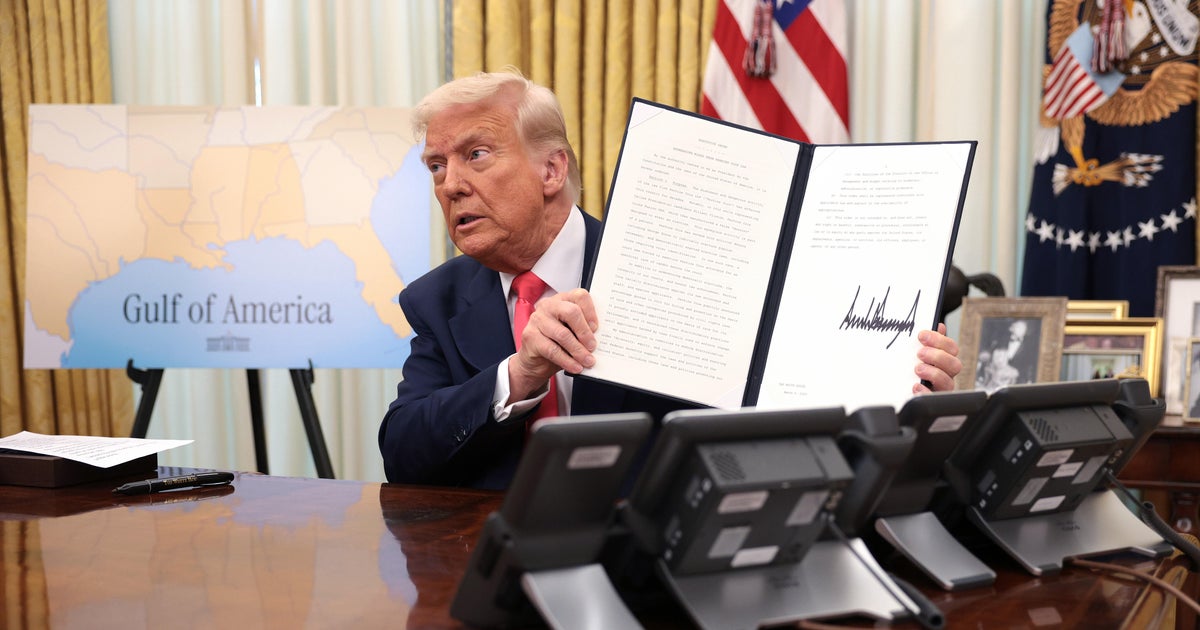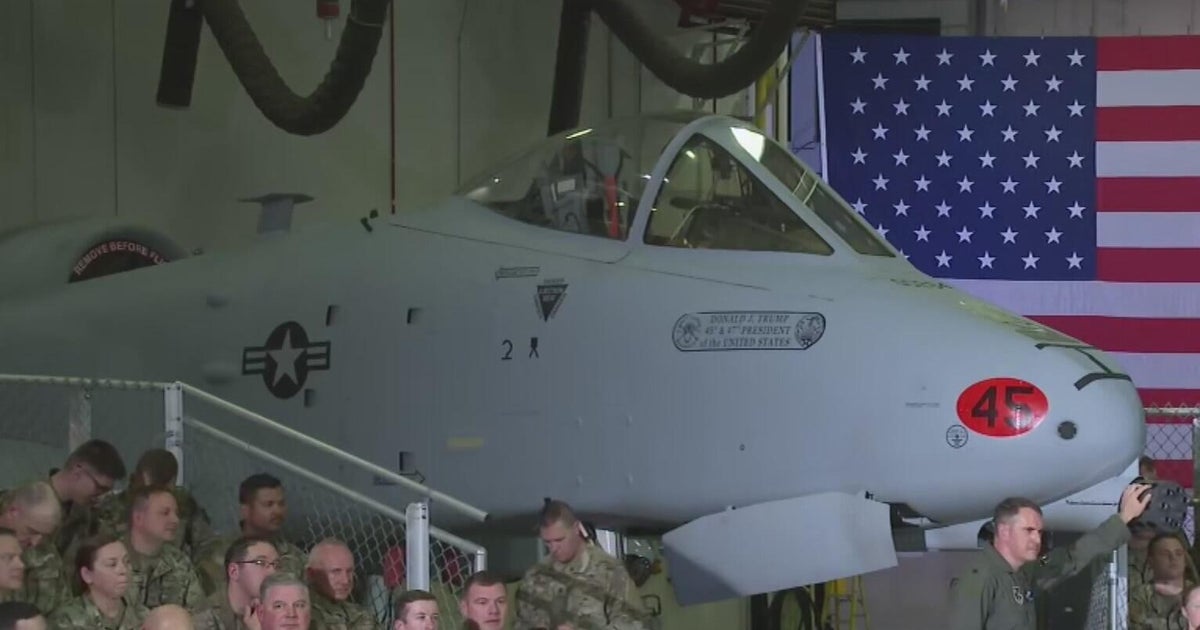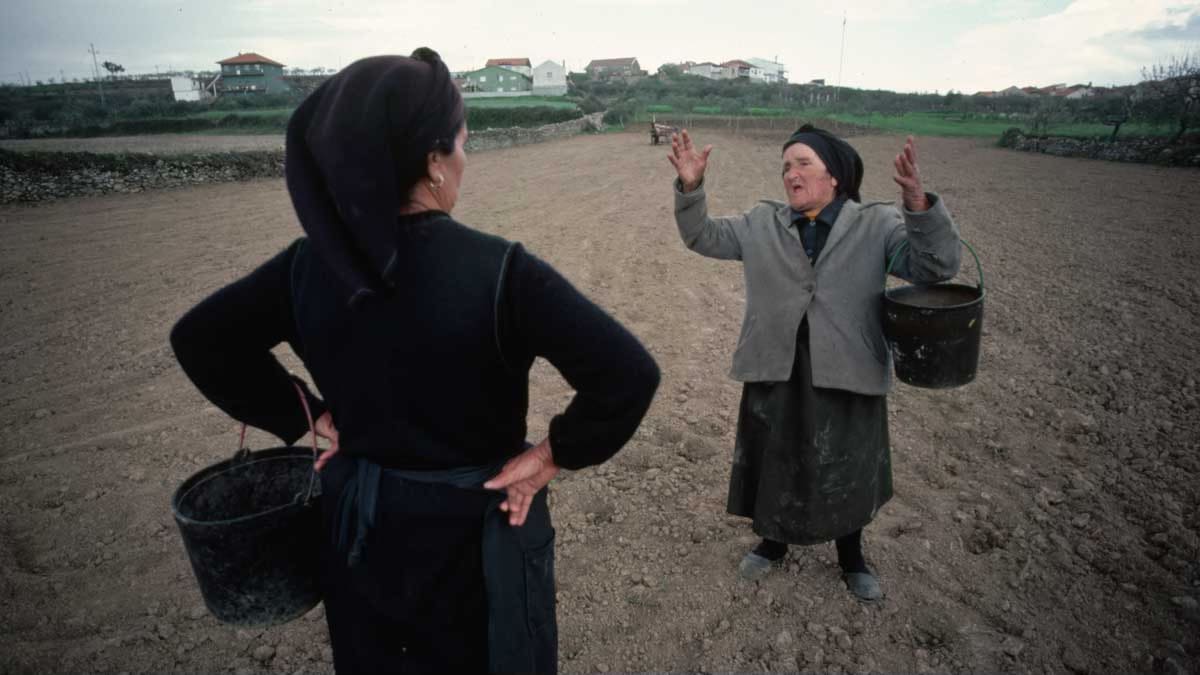Analysis: Did the Jones Act need to be waived for Puerto Rico?
There's been an outcry against the Trump administration over the delay in waiving the Jones Act for Puerto Rico after Hurricane Maria decimated the island. It had been lifted for Texas after Hurricane Harvey, which caused record flooding over several days, and after Irma struck Florida on Sept. 11, in response to requests by the Defense and Energy Departments.
Signed on Sept. 8, the waiver originally applied for seven days for "refined petroleum products, including gasoline, diesel, and jet fuel." On Sept. 11, Duke extended the waiver, which covered Texas, Florida and Puerto Rico, to Sept. 22. Thursday's new waiver, specifically in response to Puerto Rico, is also for a 10-day period, but covers "all products," and not just fuel.
But that criticism aimed at the administration may be misplaced. Florida had a special need for Jones Act relief because Florida does not receive gasoline via the national pipeline system. That system bypasses Florida because the state has so many ports - so many places fuel can be deposited by vessels. Jones Act relief allowed fuel supplies to be dropped in any usable port in Florida. For a few days after Irma, there were very few and the closest vessels with fuel were needed immediately to alleviate gasoline shortages.
The Jones Act requires that all goods shipped between U.S. ports be carried by ships built by Americans and operated by Americans. Under the law, foreign vessels that enter U.S. ports are subject to taxes, fees and tariffs.
In Texas, the refineries were closed down and or damaged by Harvey, increasing the need for vessel-borne fuel deliveries and in this case, allowing non-U.S.-flagged vessels made a positive difference.
Both Texas and Florida faced problems with supply, but in the Puerto Rico, the situation is different. As CBS News' David Begnaud's reporting makes clear - augmented by other reports from the island - the problem on Puerto Rico is not supply. Thousands of shipping containers sit at the main port laden with water, medicine, food and construction equipment. But they are sitting there because there are no trucks, truck drivers or open roads to distribute said supplies. Hence, Puerto Rican Governor Ricardo Rossello's May-Day call for for truck drivers.
While it's true the governor also asked for the Jones Act to be waived, it is not relevant to Puerto Rico's immediate needs. Until those supplies are moved out of the main port in Puerto Rico, others vessels - American-flagged and otherwise - will have to wait for port space to clear.
The more compelling question may be why the USNS Comfort, a Mercy-class hospital ship with over 1,000 beds, was not sent to the island sooner. It appeared clear even before Maria that damage to hospital facilities was a probability and that a floating hospital would be necessary.
A Navy officer told CBS News' David Martin that the Comfort was expecting orders to go to Puerto Rico last week but then was told over the weekend it wouldn't be needed. It's kept in a status of being ready to deploy within five days. Most of the medical staff is regularly assigned to the Navy Medical Center in Portsmouth, Virginia, but some come from as far away as San Diego, so it's not as simple as just casting off the lines from the pier. It is now scheduled to embark on Friday and as a practical matter, this officer says, the sea state would have prevented it from getting there much earlier even if it had gotten the order last week. As Maria came up the coast, it brought 35-foot seas.




